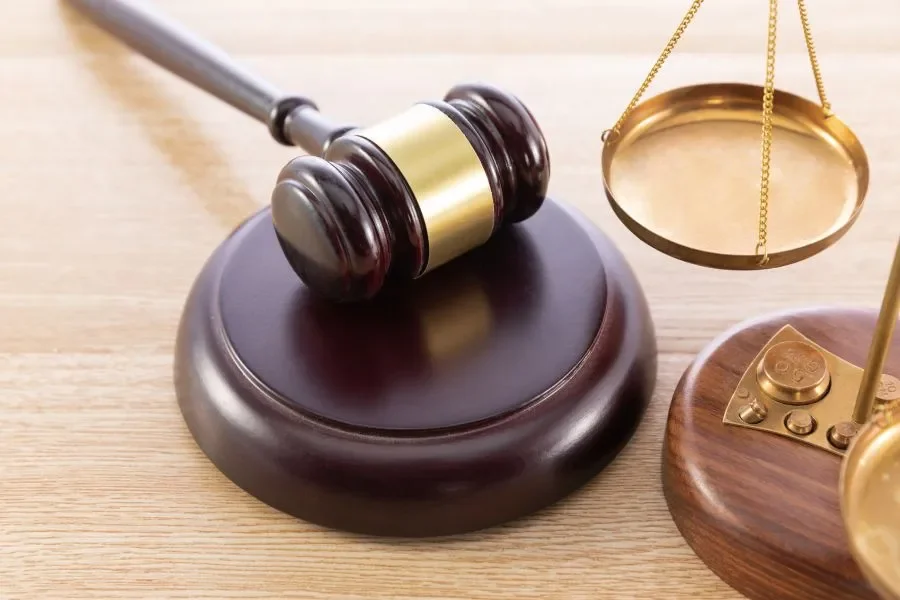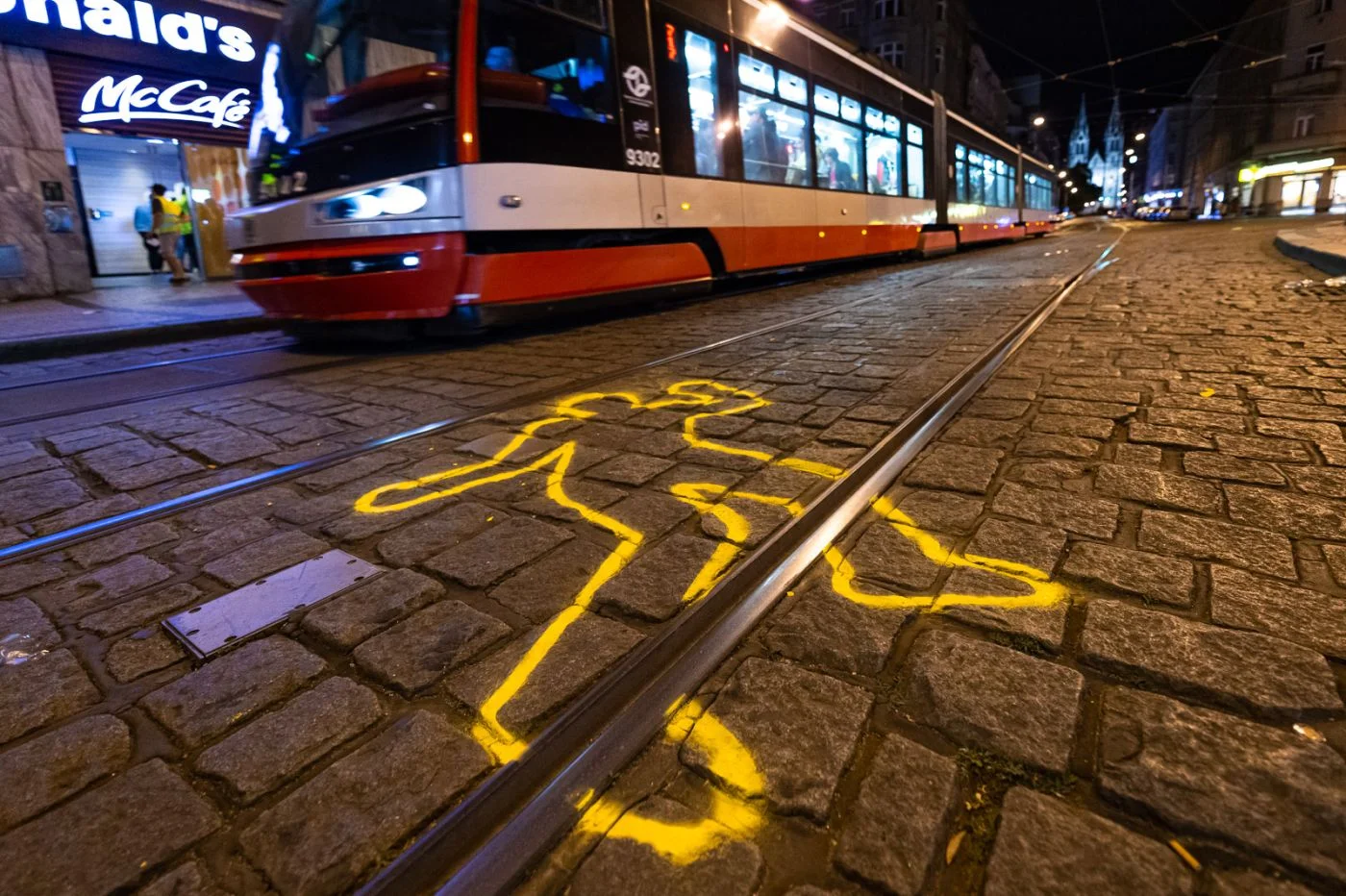
Czech Criminal Law: President Pavel Signs Extensive Reform
In future, fines can be imposed for almost all offences – with the exception of particularly serious crimes
Foto: Wirestock | Freepik
President Petr Pavel has signed a comprehensive reform of criminal law that provides for fewer prison sentences and more alternative sanctions. The aim is to relieve the burden on the judiciary, reduce recidivism, and strengthen victim protection.
Fewer prison sentences, more alternatives: by signing a comprehensive reform of the Criminal Code on Thursday, President Petr Pavel paved the way for a noticeable reorientation of the Czech criminal justice system. The amendment is intended not only to relieve the burden on prisons and reduce recidivism rates, but also to save money. The focus is on alternative forms of punishment such as fines – and a modern approach to socially controversial offences.
In future, fines can be imposed for almost all offences – with the exception of particularly serious crimes or acts such as abuse within one’s own four walls. Critics fear, however, that wealthy individuals could use money to buy their way out of responsibility.
Another cornerstone of the reform is that certain offences will be decriminalised or their penalties reduced. For example, mere non-payment of maintenance will only be considered a criminal offence if it causes the recipient to suffer existential hardship.
Cannabis: more personal responsibility, clear boundaries
One particularly high-profile part concerns the handling of cannabis. Possession of up to 100 grams in one’s own home or 25 grams in public spaces will no longer be prosecuted. Private cultivation of up to three plants is also permitted. Cultivation of four to five plants is considered a misdemeanour, while anything above that remains a criminal offence.
Tougher rules for sex offenders
In the interests of child protection, the amendment introduces a new regulation: sex offenders and perpetrators of serious violent crimes will be listed in a register for life, denying them access to professions involving children. Anyone who commits a crime punishable by at least five years’ imprisonment will automatically be entered in the register. For less serious offences, the professional ban lasts 20 years. Early deletion is not possible.
The offences included in the register are regulated in detail. In the case of particularly serious sexual and violent assaults, the entry is automatic, while for other intentional offences such as hooliganism, the decision is left to the court.
More protection for victims: state aid is being increased
President Pavel also gave the green light to an expansion of financial assistance for victims of crime. In future, the amounts paid out will be based on the average gross wage – and will therefore increase automatically. At the same time, more funds will be made available to NGOs that support those affected. Victims of sexual violence or coercion, in particular, are considered especially vulnerable and should benefit more.
According to estimates, costs for the state could increase by over 50 per cent. However, these costs are to be covered by contributions paid by convicted offenders into the victim support fund.
With this reform, the Czech Republic is attempting to counteract the overburdened justice system and full prisons – fewer penalties and more prevention, along with improved victim protection.



